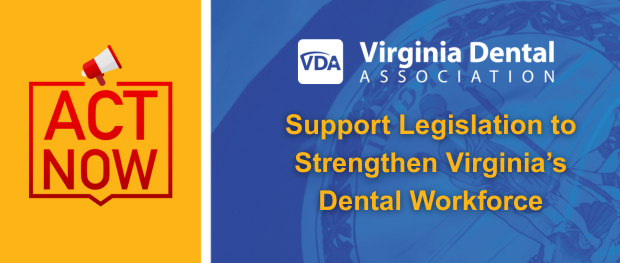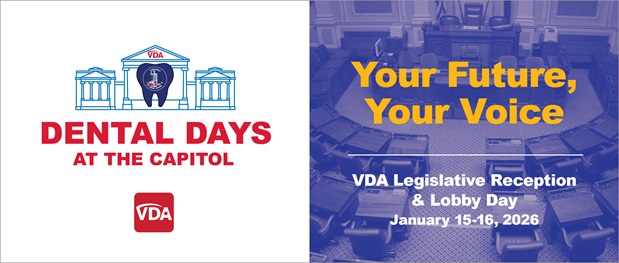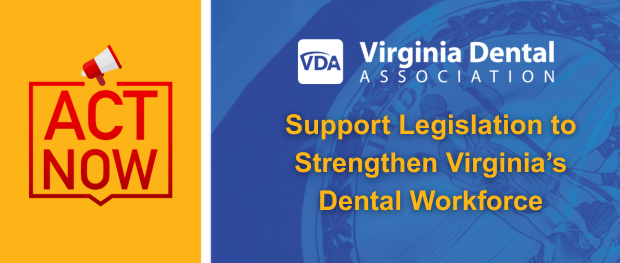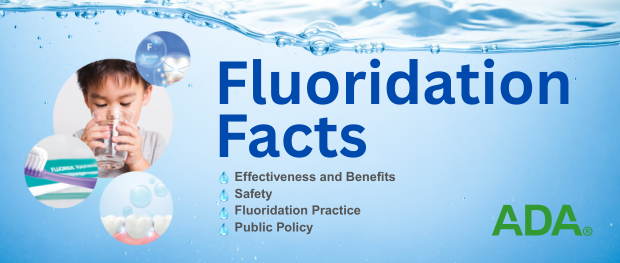Emergency Regulations on the Prescribing of Opioids- Effective April 24, 2017
Purpose and Brief Summary of the Emergency Regulations
In a press release dated November 21, 2016, Governor Terry McAuliffe advised that State Health Commissioner Marissa J. Levine, MD, MPH, FAAFP declare Virginia’s opioid addiction crisis a “state of public health emergency.” In response to this epidemic, the Board of Dentistry formed an Advisory Panel on Opioids. In January, the Panel drafted regulations pertaining to opioid prescribing. The Board of Dentistry reviewed the drafted regulations at their March 10th meeting and they were approved. The effective date for these emergency regulations is April 24, 2017 and they will expire on October 20, 2018. Between now and the time of expiration, the Board of Dentistry will work on developing permanent regulations. Comments may be submitted by members of the public from May 15- June 14, 2017.Specific Requirements Indicated in the Emergency Regulations
• A definition for acute pain to mean pain that occurs within the normal course of a disease or condition or as the result of surgery for which controlled substances may be prescribed for no more than three months. The definition for chronic pain means nonmalignant pain that goes beyond the normal course of a disease or condition for which controlled substances may be prescribed for a period greater than three months.• Requires that non-pharmacologic and non-opioid treatment for pain shall be given consideration prior to treatment with opioids. If an opioid is considered necessary for the treatment of acute pain, the practitioner shall give a short-acting opioid in the lowest effective dose for the fewest possible days.
• Requires that prior to initiating treatment with a controlled substance for a complaint of acute pain, the prescriber must perform a history and physical examination appropriate to the complaint, query the Prescription Monitoring Program as set forth in the Code of Virginia and conduct an assessment of the patient’s history and risk of substance abuse.
• Initiation of opioid treatment for patients with acute pain shall be with short-acting opioids. When prescribing a controlled substance containing an opioid, a practitioner is limited to a quantity that do not exceed a seven-day supply as determined by the manufacturer’s directions for use, unless extenuating circumstances are clearly documented in the patient record.
• Sets the following limits on dosages: 1. The dentist must carefully consider and document in the patient record the reasons to exceed 50 MME/day. 2. Prior to exceeding 120 MME/day, the dentist must document in the patient record the reasonable justification for such doses and shall refer to or consult with a pain management specialist. 3. Naloxone must be prescribed for any patient when risk factors of prior overdose, substance abuse, doses in excess of 120 MME/day, or concomitant benzodiazepine is present.
• When an opioid is prescribed for more than 7 days, the patient must be re-evaluated, the need for continued prescribing must be documented in the patient record, and the dentist must check the PMP.
• Requires that the patient record include a description of the pain, a presumptive diagnosis for the origin of the pain, an examination appropriate to the complaint, a treatment plan and the medication prescribed or administered to include the date, type, dosage, and quantity prescribed.
• Sets out the requirements for prescribing opioids for treatment of the chronic pain patient. If a dentist treats a patient for whom an opioid prescription is necessary for chronic pain, he shall either: 1. Refer the patient to a medical doctor who is pain management specialist; or 2. Comply with regulations of the Board of Medicine, 18VAC85-21-60 through 18VAC85-21-120, if he chooses to manage the chronic pain with an opioid prescription.
• Requires any dentist who prescribes any Schedule II through IV controlled substances during one renewal cycle shall obtain two hours of continuing education on pain management during the next renewal cycle following the effective date of this regulation (the course must be completed between 3-31-18 and 3-31-19). Continuing education hours required for prescribing of controlled substances may be included in the 15 hours required for renewal of licensure.
If you wish to submit a comment regarding these regulations, you may do so beginning on May 15, 2017. The VDA will be sure to send you information on submitting comments at that time.
Note: This serves as information only, for the benefit of VDA members. All licensees are advised to read and comprehend the entire Emergency Regulation and Notice of Intended Regulatory, which can be found online by clicking here: http://townhall.virginia.gov/L/ViewXML.cfm?textid=11455









